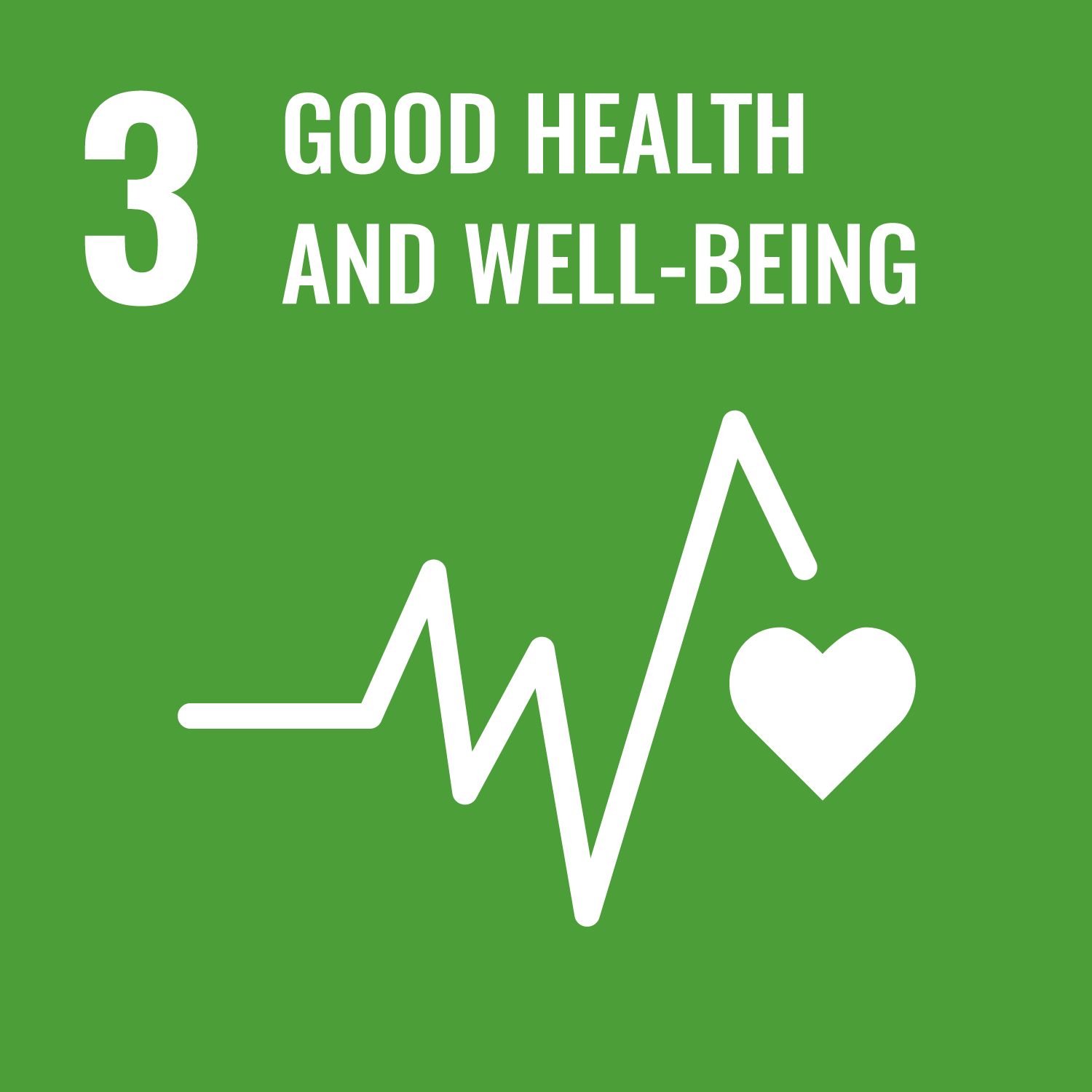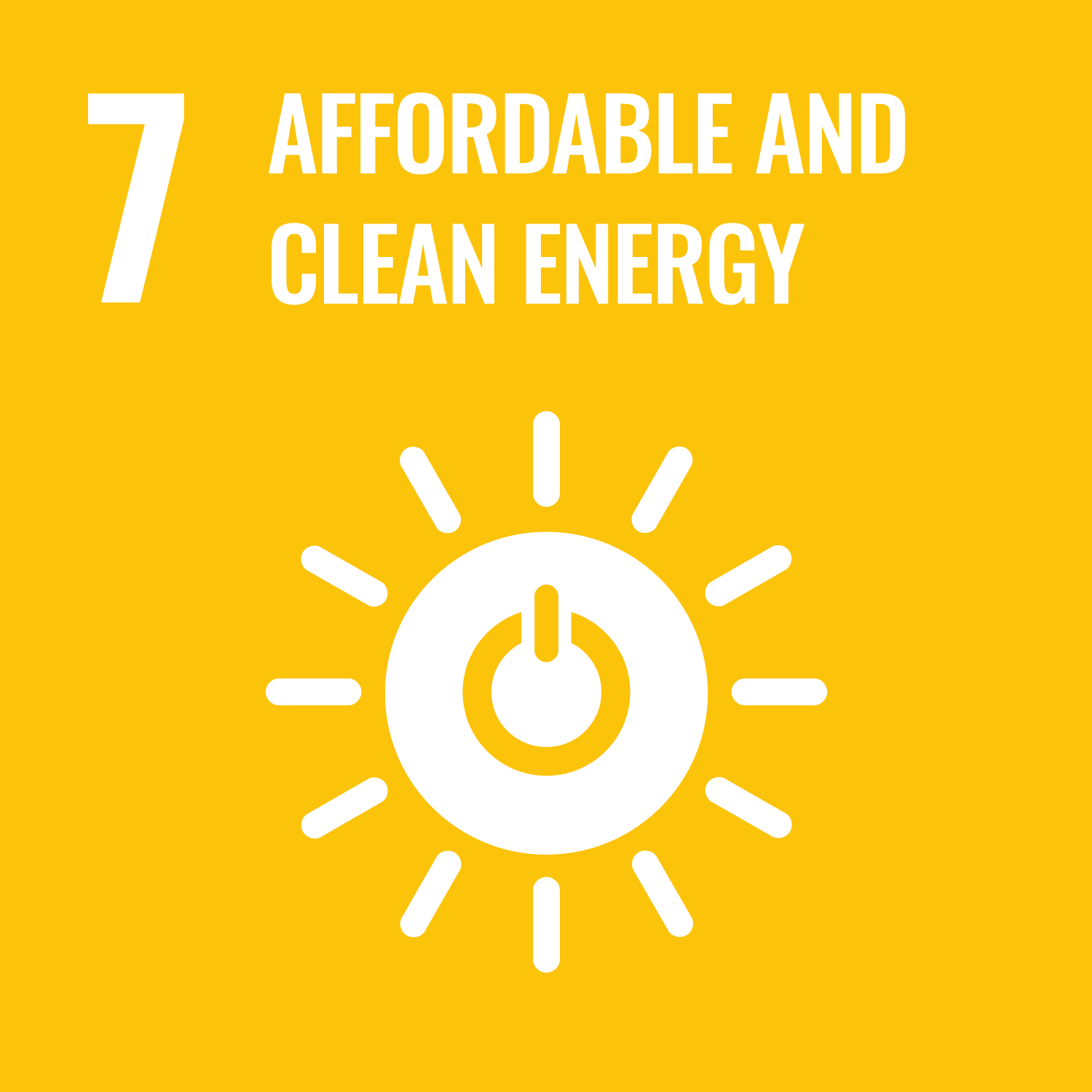Signing of Grant Agreement with Sri Lanka: Contributing to strengthening the delivery of medical care through the installation of solar power generation systems in hospitals



2024.02.15
On February 14th, the Japan International Cooperation Agency (JICA) signed a grant agreement with the Government of the Democratic Socialist Republic of Sri Lanka in Colombo to provide grant aid of up to 1,230 million yen for the Project for the Stabilization of Power Supply Using Renewable Energy at Hospitals.

Signing ceremony
In recent years, Sri Lanka has been relying on thermal power generated by fossil fuels such as coal and oil as one of its main sources of energy. However, in 2022, imports of fuels used in thermal power generation were significantly delayed due to soaring international oil prices and Sri Lanka’s shortage of foreign currency. In August of the same year, electricity tariffs were raised by 75%, and for a time it became necessary to implement frequent rolling blackouts, making it difficult to provide a stable supply of electricity. This situation also had a major impact on Sri Lanka’s medical field. In particular, in the case of large hospitals that consume a lot of electricity in order to provide advanced medical care and to accept a large number of patients, the significant increase in electricity rates put pressure on their finances, forcing them to take measures to save as much electricity as possible, such as turning off air conditioning and cutting back on lighting. Additionally, planned blackouts necessitated by the unstable electricity supply affected medical practices themselves, with some hospitals forced to cancel scheduled surgeries.
The objective of the project is to provide a stable power supply to three core hospitals (Sri Jayewardenepura General Hospital, Teaching Hospital Ratnapura, and Teaching Hospital Kurunegala) that accept a large number of patients and provide advanced medical care. These three hospitals were supported by Japan in the past and have a close relationship with the country. To achieve said stable power supply, the project will install solar power generation systems at the target hospitals, thereby contributing to decarbonization as well as to a reduction in the cost of fuel and electricity. In doing so, it is expected to also contribute to the strengthening of Sri Lanka’s medical care system, as well as to the achievement of SDGs Goals 3 (Good Health and Well-Being), 7 (Affordable and Clean Energy), and 13 (Climate Action).
Details for the project are provided below.
| Country | Democratic Socialist Republic of Sri Lanka |
|---|---|
| Project title | Project for the Stabilization of Power Supply Using Renewable Energy at Hospitals |
| Planned implementation period | 36 months, including detailed design work and the bidding period |
| Executing agency |
Ministry of Health |
| Target region | Colombo, Ratnapura, Kurunegala |
| Specific project details (provisional) |
1 Facility improvements/equipment procurement Solar power generation modules and accessories (a total of around 900 kW in three hospitals). 2 Consulting services Detailed design work, bidding assistance, construction/procurement supervision, construction management (roof repairs, etc.). |
scroll